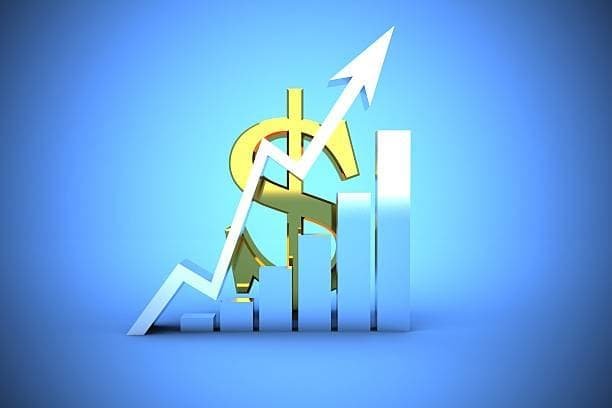The world is a dynamic place, and the market trading landscape is no exception. As global events unfold, they have a profound impact on how markets operate, influencing everything from stock prices to currency values. This article delves into the ripple effects of these events on market trading, exploring how they shape our financial world.
From geopolitical tensions to natural disasters, global events can send shockwaves through the market. Take, for instance, the recent trade disputes between major economies. These disputes have led to market volatility, as investors react to the potential for economic slowdowns and shifts in global trade patterns. Market trading becomes a game of anticipation, with traders trying to predict the next move in this high-stakes chess match.
Markets are not just about numbers; they are a reflection of human behavior. When a natural disaster strikes, the market feels it. The immediate reaction is often a drop in stocks of companies directly affected, while others, like those in the disaster relief sector, may see a surge. Market trading in such times is not just about making a profit; it’s about understanding the complex interplay of human emotions and economic realities.
The advent of social media has also played a significant role in market trading. News travels faster than ever, and market sentiment can change in the blink of an eye. A single tweet from a prominent figure can cause stocks to soar or plummet. Traders now must not only keep an eye on traditional financial news but also monitor social media feeds for potential market-moving events.
Economic indicators are another key area where global events impact market trading. Employment rates, inflation data, and GDP growth are not just dry statistics; they are indicators of a country’s economic health. When these numbers are released, they can move markets in dramatic ways. Traders watch these figures closely, as they offer insights into the potential for future market trends.
Central banks and their decisions are also crucial to market trading. Interest rate changes, quantitative easing policies, and other monetary actions can have far-reaching effects on financial markets. Traders must stay informed about these decisions, as they can significantly influence the direction of market trading.
In the age of globalization, no market is an island. The interconnectedness of markets means that an event in one part of the world can have repercussions in another. For example, a change in oil prices due to political instability in the Middle East can affect markets worldwide, impacting everything from energy stocks to consumer goods. Market trading in this context requires a global perspective and an understanding of how different markets are linked.
Technological advancements have also been a game-changer in market trading. The rise of algorithmic trading and high-frequency trading has transformed the speed and efficiency of transactions. These technologies have made it possible to execute trades in milliseconds, based on complex algorithms that analyze vast amounts of data. Market trading has become a battleground of wits and technology, where the speed of processing information is as important as the quality of that information.
Regulatory changes can also have a significant impact on market trading. New laws and regulations can create uncertainty in the market, leading to fluctuations in stock prices and other assets. Traders must stay abreast of these changes to navigate the market effectively.
Market trading is not just about making money; it’s also about risk management. Global events can introduce new risks into the market, and traders must be prepared to manage these risks. Diversification, hedging, and other strategies are employed to mitigate the potential negative effects of global events on market trading.
In conclusion, market trading is a complex and ever-changing landscape, influenced by a myriad of global events. Traders must be adaptable, informed, and ready to respond to the unpredictable nature of these events. By understanding the impact of global events on market trading, traders can make more informed decisions and navigate the market with greater confidence.




